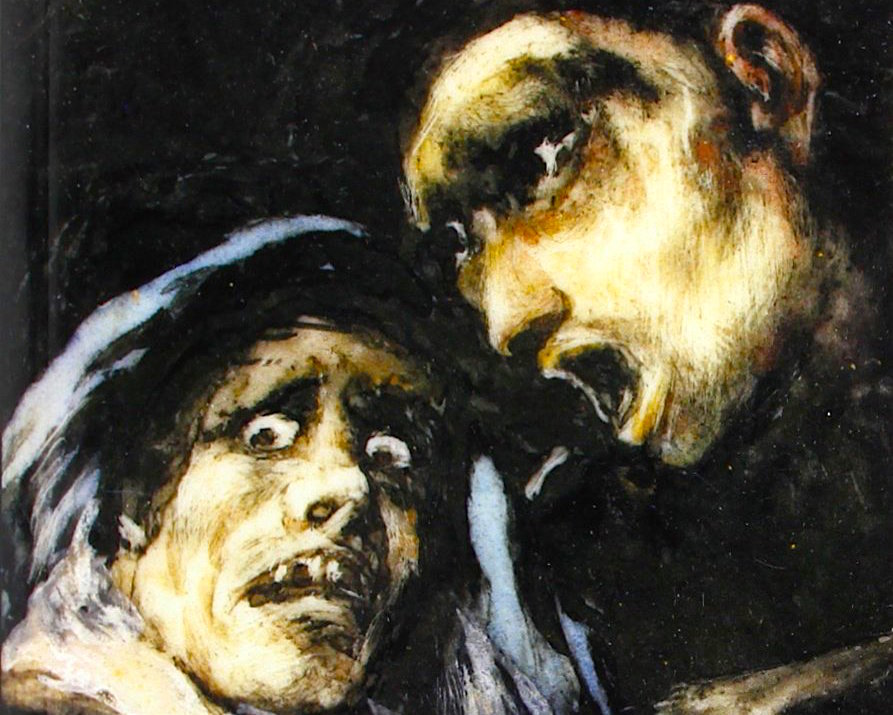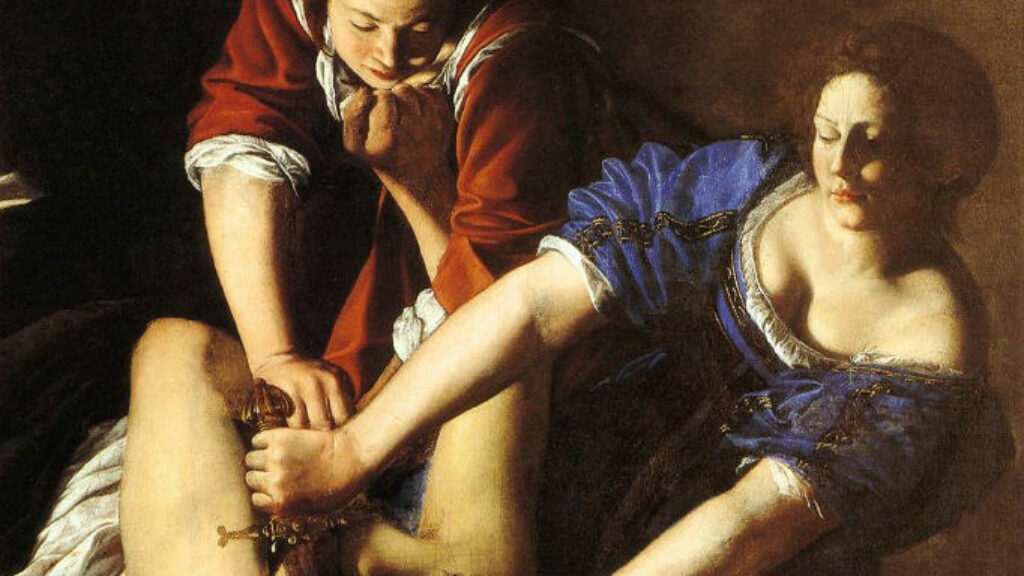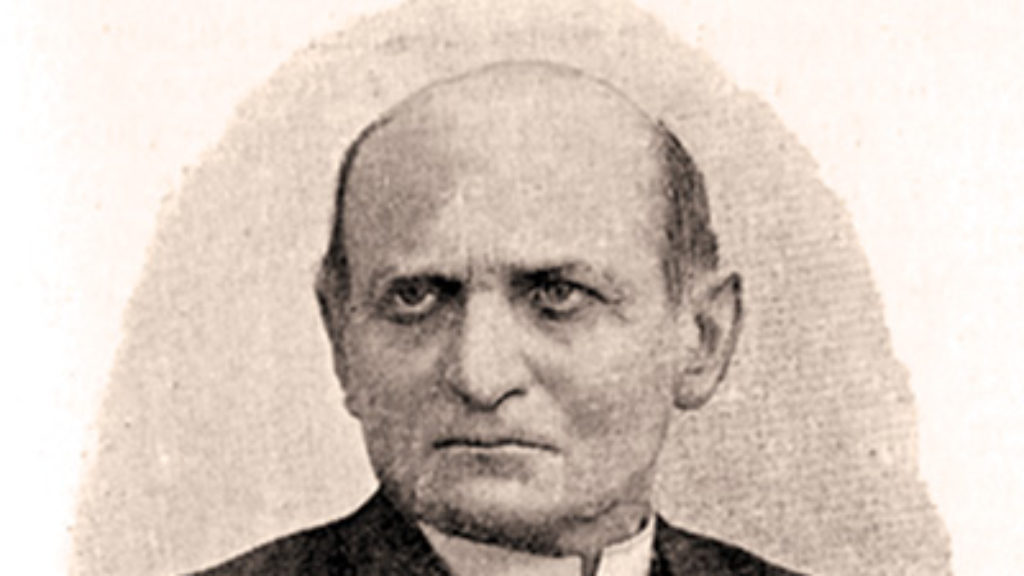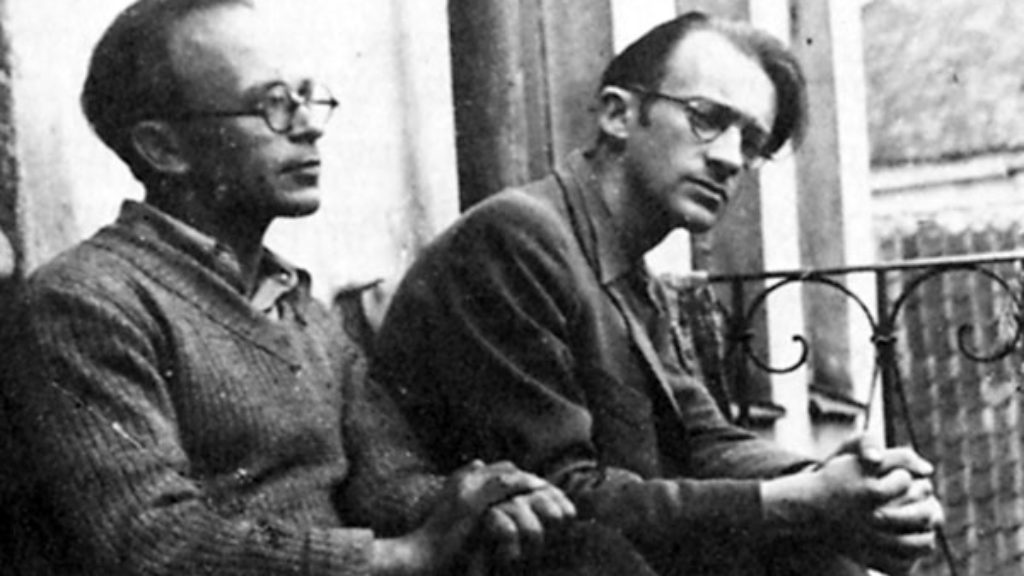The 2,000-Year-Old Women

I’m sure I’m not the only person to have noticed that two of the most highly praised novels of 2018, Dara Horn’s Eternal Life and Sarah Perry’s Melmoth, feature a Jewish woman born in ancient Judea who still walks the earth today.
The trope is, of course, a feminine twist on the legend of the wandering Jew. This anti-Jewish folk myth, about an eyewitness to the Crucifixion who is condemned to roam the globe until Jesus returns, emerged in 17th-century Germany and spread throughout Europe, inspiring countless poems, stories, and novels. It achieved a kind of heyday in the Romantic period when the accursed wanderer was sometimes given a certain heroic pathos.
Horn (see “Rachel and Her Children” in our Winter 2018 issue) wrenches the wandering Jew myth out of its Christian context, turning it into a story about Jewish compassion and self-sacrifice. Her protagonist Rachel offers God a sacrifice at the ancient Temple in Jerusalem in order to save the life of her son. This sacrifice turns out to be not Rachel’s life but her death.
Henceforth unable to die, she is instead periodically consumed by fire and, phoenix-like, reborn in a younger body. And rather like Christopher Lambert’s immortal character in the 1986 film Highlander, she struggles with the pain of seeing her loved ones grow old and die, knowing she will forever outlive them. Yet she always decides to remarry, start a new family, and raise more children—she has mothered hundreds—before inevitably moving on to a new body and another life. The 21st century at least allows her to check in on her progeny via social media.

Horn’s novel derives its force not so much from its prose as from the dramatic—sometimes melodramatic—deployment of serious ideas and deep Jewish erudition. The romance (Rachel has a 2,000-year-old lover) gives flesh to a powerful meditation on the essence of Jewish continuity.
Eternal Life asks the question, why go on? Why continue to live? By which Horn means—and this is what makes her tale so distinctive—not the value of an individual life but the determination to be fruitful and multiply, to continue the Jewish story through our children and our children’s children. Horn shows that the will to enlarge a family is the deepest expression of faith not only in the divine but in the human too.
As contemporary demography suggests, when that faith weakens birth rates fall. Human concern retreats to the shape and duration of the individual’s life. The import of Horn’s book for our moment, then, is not Rachel’s longevity but her natality.

Perry’s Melmoth is a sumptuous literary experience, with exquisite descriptions of night walks in Prague and changing registers of language when the story moves backward in time. The book nods explicitly to Charles Maturin’s classic gothic novel of 1820, Melmoth the Wanderer, and resembles its forebear in its touches of horror and its use of embedded documents and narratives.
Perry’s wandering Jew is in some ways a far more classical version of the legend than that of Maturin, whose Melmoth is an undying wanderer but not Jewish. One of Perry’s characters explains the origins of her female Melmoth as follows:
You know, as your bible has taught you, that a company of women came to Jesus’s tomb, and found it empty, and the stone rolled away, and right there in the garden they saw the risen son of God. But among them was one who later denied that she had ever seen the resurrected Christ. Because of it she is cursed to wander the earth without home or respite, until Christ comes again.
While Maturin’s original Melmoth offered to trade his tormented immortality to anyone desperate enough to accept the poisoned gift, Perry’s Melmoth tempts her victims with a more contemporary kind of despair. Perry’s wraith-like wanderer is an eternal witness to human cruelty with none of the consolations of religious belief. The subjects of her visitations are bystanders, and sometimes worse, to the Holocaust, the Armenian genocide, Christian religious persecution, violent misogyny, the deportation of illegal immigrants, and the criminalization of euthanasia. Call it progressive gothic.
Like Horn’s novel, Perry’s asks: Why go on? But here the question means, why go on when humanity is so ugly? Why go on when each of us is so implicated in the injustices of the world? It is worth pondering the relationship between these two very different novels, each by an author who was raised in a warm, religiously devoted household, one English Baptist, one American Jewish, Horn one of four children and Perry one of five. I might not have noticed had I not read both around the same time, but after reading the story of Horn’s Rachel, I couldn’t help being struck by the fact that not one of the half dozen or so characters visited by Perry’s Melmoth has children. Some are married, some elderly, but none, it seems, are parents.
Perry’s novel seems to warn of the despair that accrues from witnessing the world without a vantage point larger than the self. Horn’s is about a certain hopeful yearning for the world, a hope that in some sense is our children.
Suggested Reading

As the Story Goes: Hanukkah Spears, Cheese, and Goblins
Where did all the Hanukkah stories go?

Confusion and Illusions: 1939
In their new book, Jehuda Reinharz and Yaacov Shavit focus on the efforts of the leaders of a diverse and disunited Jewish people in Europe, the United States, and Palestine to cope with this crisis in the years leading up to World War II.
Like an Echo of Silence
Lea Goldberg’s poetic voice didn’t project outward; it drew the reader in, inviting intimate conversation.

A Book and a Sword in the Vilna Ghetto
If the destruction of Jewish culture and Jewish life were intertwined, then the reverse was also true: The rescue of books, manuscripts, Torahs, and so on was almost as much a form of resistance as the preservation of life itself.
Comments
You must log in to comment Log In